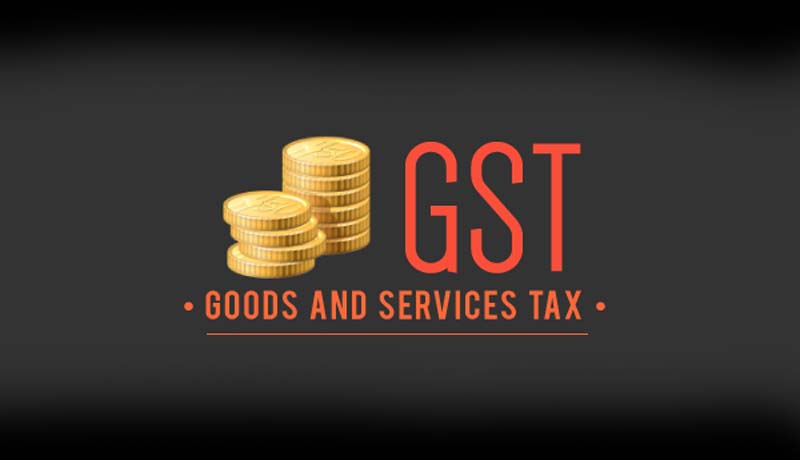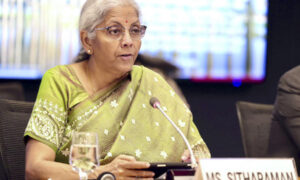
At the stroke of midnight between June 30 and July 1, India will turn into one market as the much-awaited Goods and Services Tax (GST) will come into effect. Liberal tax filings rules will be in effect for first two months and companies will be allowed to file late returns to tide over any teething issues.
Rejecting demands for deferment of the biggest tax reform since Independence, Finance Minister Arun Jaitley assured the nation that the IT network backbone has been adequately tested and systems are in place for implementation of the goods and services tax.
“We don’t have the luxury of time to defer GST implementation… The official launch of the GST will take place on the midnight of June 30 and July 1,” Jaitley said.
Relaxed filing rules for first two months
As per the revised return filing timeline decided by the Council, for July, the sale returns will have to be filed by September 5 instead of August 10. Companies will have to file sale invoice for August with the GST Network by September 20 instead of September 10 earlier.
“To obviate any grievance or any lack or preparedness, a slight relaxation of time for the first two months that is return in the month of July and August was discussed and from September, strict adherence to the time will go on,” Jaitley made it clear. “That means after relaxation those who are not ready will get two and a half months to get ready. If somebody still says he is not ready, it would be to his own detriment.”
No late fees and penalty will be levied for the interim period and the returns will have to filed by businesses with self-declaration, stating the input credit claimed and the tax liability pursuant to that.
Briefing reporters about the meeting, Jaitley said six sets of rules were approved relating to advance ruling, appeal and revision, assessment, anti-profiteering and funds settlement.
As per the anti-profiteering rules, a standing committee will refer the complaints to Directorate of Safeguards (DGS) for further investigation.
A five-member anti-profiteering authority, sources said, will be set up in about three months, which will finally decide on the penalty. The authority is likely to have a sunset date of two years.
As for the e-way bill, the GST Council was divided on the issue and decided to allow states to continue with their existing system.
“There were two opinions in the Council. There will be further deliberation… Till then, an alternative rule will operate… which will authorise the existing system of the states to continue,” Jaitley said.
A decision on e-way bill rules will be taken by the Council at its next meeting on June 30 or thereafter.
As per the draft e-way bill rules, any good costing Rs 50,000 will have to be registered with GST Network for inter- and intra-state movement to plug tax evasion.
It will take at least two months to put in place infrastructure for e-way, sources said.
On the registration of businesses, Jaitley said that 65.6 lakh or 81.1 per cent existing excise, service tax and VAT assessees out of 80.91 lakh total taxpayers at present have migrated to the GST Network portal.
The registration, which closed on June 15, will reopen on June 25 and process has been going on “satisfactorily”.
A total of 81 per cent businesses have registered without any glitch, Jaitley said, adding that “when thousands and lakhs register, they don’t make a complaint. When five people register, they go through the twitter”.
“Businesses should not rush for migration. The provisional ID number will be the same for GSTIN (GST identification number). New businesses too need not rush. They will have 30 days for GSTIN,” Jaitley added.
The Council also decided on the Rs 50 lakh threshold for availing composition scheme by businesses in special category states.
However, Uttarakhand will have it at Rs 75 lakh.
“Barring Uttarakhand and Jammu and Kashmir, it was decided to make the composition limit at Rs 50 lakh for the other north-eastern states and hill state of Himachal Pradesh,” Jaitley said.
With regard to states that have not yet passed the SGST Bills, Jaitley said: “Now, there are only 3 states left. Tamil Nadu has their meeting tomorrow. West Bengal has already passed an ordinance, Punjab I hope will pass it. Kerala also. That only leaves Jammu and Kashmir. All states will be through by the end of the coming week.”
Rates fixed for hotels, lottery
The GST Council, which met here for the 17th time onSunday, also decided to fix the tax rate for AC hotels at 18 per cent where the billed amount is up to Rs 7,500. Earlier, it had proposed to levy 28 per cent on hotel bills exceeding Rs 5,000.
Giving details, Jaitley said this would mean that now 18 per cent GST will be levied on bills of Rs 2,500-7,500.
The Council also decided to tax lotteries in two segments — with state-run ones attracting 12 per cent GST and the state-authorised but run by private entities at 28 per cent.
The Council also decided that Integrated GST (IGST) on shipping vessels will be 5 per cent with input credit.


















